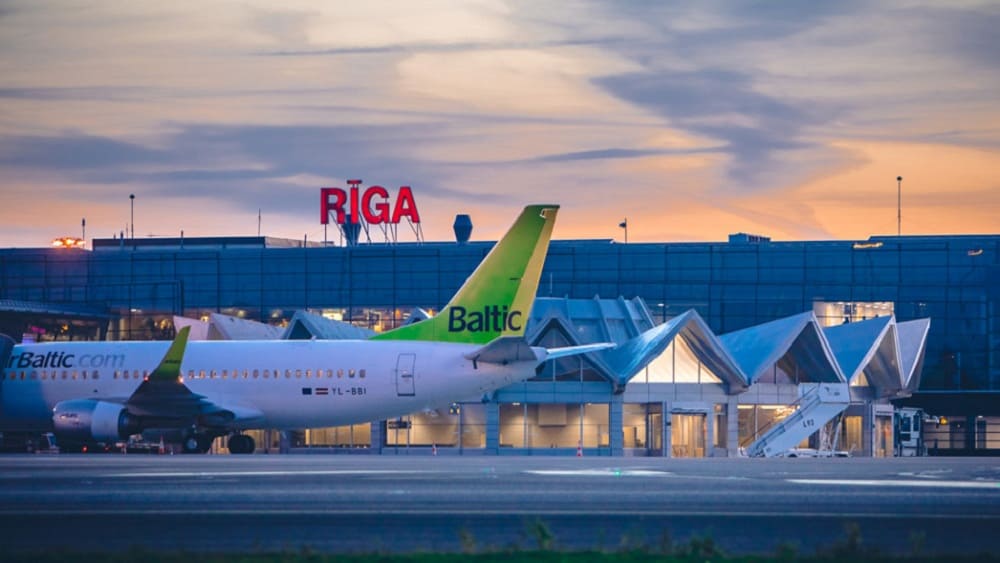Riga International Airport (RIX) in Latvia has completed the construction of the second rapid-exit taxiway and the reconstruction of a portion of the runway.
The taxiway has been constructed within the framework of the Cohesion Fund-funded project ‘Development of Safe and Environmentally Friendly Infrastructure at Riga International Airport.’
With an aim to reduce carbon emissions, the airport started large-scale construction works in July last year. The cost amounted to nearly $3.03m (€2.5m).
The scope of the works included changing the asphalt pavement of the aerodrome infrastructure for a total length of 5.7km, with 5km for the runway shoulders in a width of over 7m and a separate portion of 660m covering the entire runway width.
As part of the project, renovation of the runway lighting system was also carried out, along with the construction of the drainage and rainwater sewerage systems.
The overall project was valued at around $5.46m (€4.5m).
RIX board chairperson Laila Odi?a said: “The large-scale Airport infrastructure development projects, implemented with the support of the Cohesion Fund, are an important step towards the development of Riga Airport into a sustainable and environmentally friendly air traffic hub. They will not only reduce the direct impact of Airport operations on the environment by shortening ground manoeuvres and thus reducing CO? emissions but will also make the Airport’s operational processes more efficient.”
Following the tender process, road construction company SIA Binders undertook the construction project at the airport.
To minimise disruptions, all technological procedures of construction work in the aerodrome’s area was executed at night and between flights.
The airport stated that a new cargo apron and helipad have also been constructed.
Currently, the airport is planning to enhance its civil aviation security through the deployment of new explosives detection system equipment.
On 27 December 2016, RIX signed an agreement with the Central Finance and Contracting Agency (CFLA) to obtain the funding of the Cohesion Fund for the execution of the construction project. The combined eligible funding is nearly $28m (€23m).


































